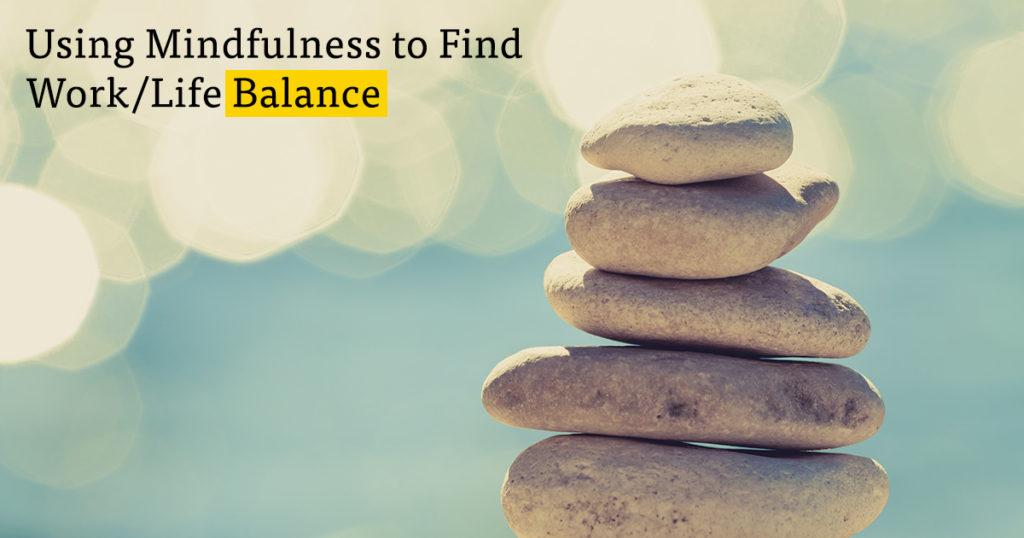
The Power of Mindfulness for Managing Work-Life Balance and Mental Health
The demands of modern life can be overwhelming, leaving many people feeling stressed and overwhelmed. One powerful tool for managing work-life balance and promoting mental health is mindfulness. In this blog post, we will explore the power of mindfulness and how it can help you to achieve greater balance and well-being.
What is Mindfulness?
Mindfulness is the practice of focusing your attention on the present moment, without judgment or distraction. By being fully present at the moment, you can cultivate a sense of calm and inner peace, which can be particularly helpful when dealing with stress and anxiety.
The Power of Mindfulness
- Reducing Stress: Mindfulness can be a powerful tool for reducing stress. By focusing on the present moment and letting go of worries and distractions, you can reduce the negative effects of stress on your mental and physical health.
- Improving Work-Life Balance: Mindfulness can also help you to achieve a greater balance between work and other areas of your life. By being fully present in the moment, you can reduce the tendency to constantly multitask and focus on the task at hand. This can lead to greater productivity and more effective time management.
- Boosting Mental Health: Mindfulness has been shown to be an effective tool for managing mental health conditions such as anxiety and depression. By focusing on the present moment and letting go of negative thoughts and feelings, you can cultivate a greater sense of inner peace and well-being.
- Enhancing Self-Awareness: Mindfulness can help you to become more self-aware, by focusing your attention on your thoughts and feelings. By becoming more aware of your own mental and emotional state, you can better understand your own needs and make more effective decisions.
How to Practice Mindfulness
- Set Aside Time: To practice mindfulness, set aside a few minutes each day to focus your attention on the present moment. This could involve practicing meditation or simply sitting quietly and focusing on your breath.
- Focus on the Senses: Another effective way to practice mindfulness is to focus on your senses, such as the sights, sounds and smells around you. This can help you to become more fully present at the moment and reduce the tendency to ruminate on past or future events.
- Incorporate Mindful Practices Into Daily Life: Mindfulness can also be incorporated into your daily life, such as when you’re walking, eating, or doing other activities. By focusing your attention on the task at hand and letting go of distractions, you can become more fully engaged in the present moment.
In conclusion, mindfulness is a powerful tool for managing work-life balance and promoting mental health. By reducing stress, improving work-life balance, boosting mental health, and enhancing self-awareness, mindfulness can help you to achieve greater balance and wellbeing in all areas of your life. By setting aside time each day to practice mindfulness, focusing on the senses, and incorporating mindful practices into daily life, you can cultivate a greater sense of calm, focus, and inner peace.